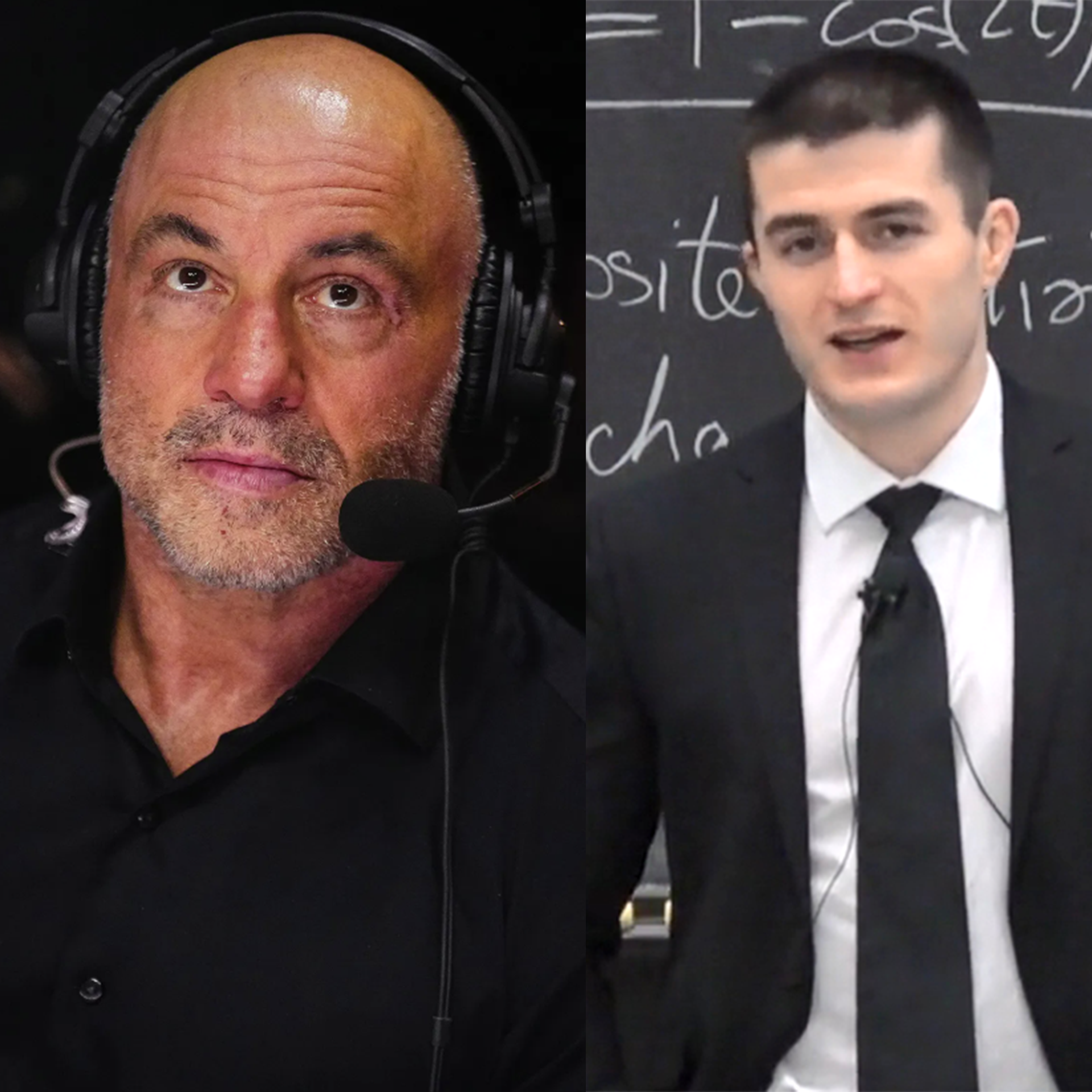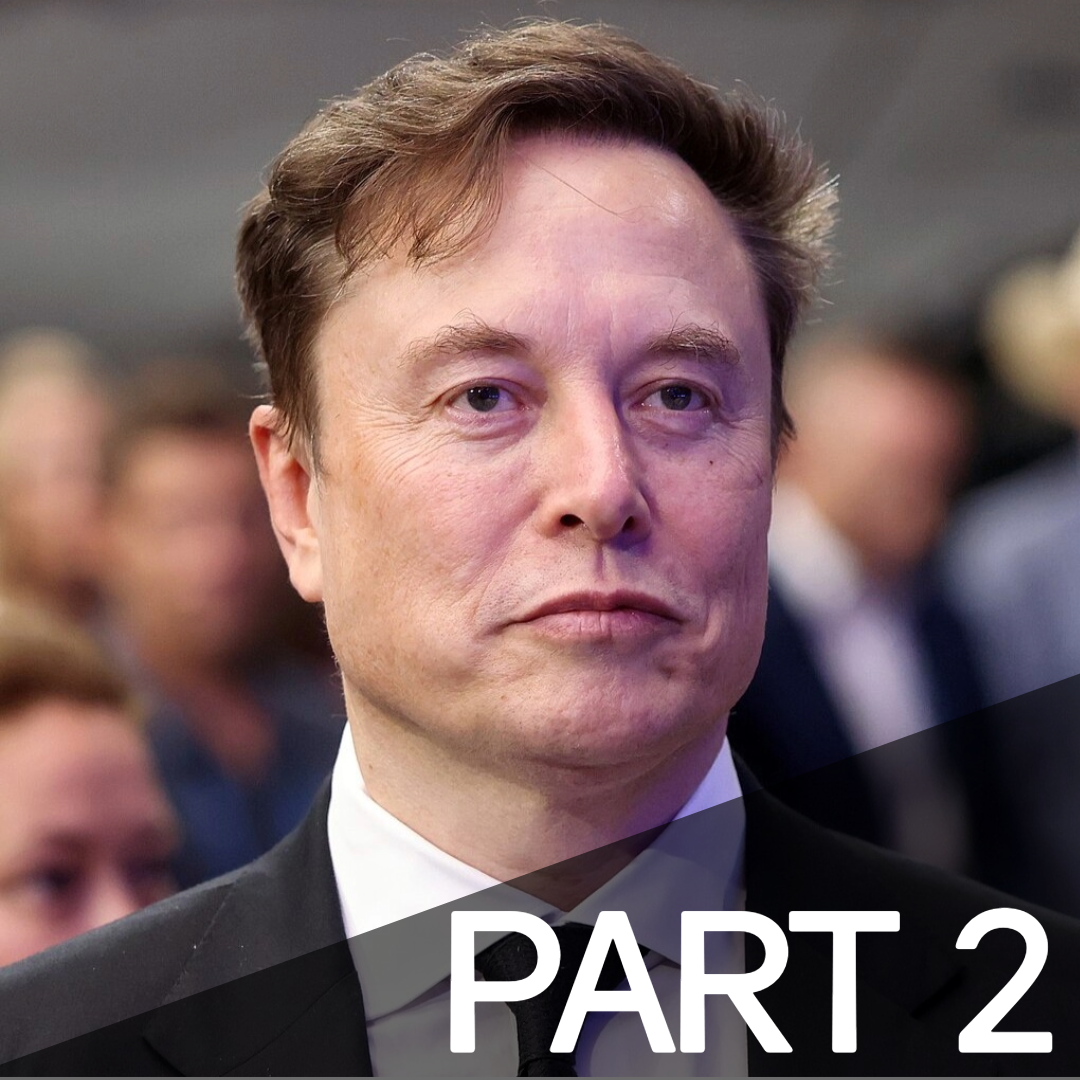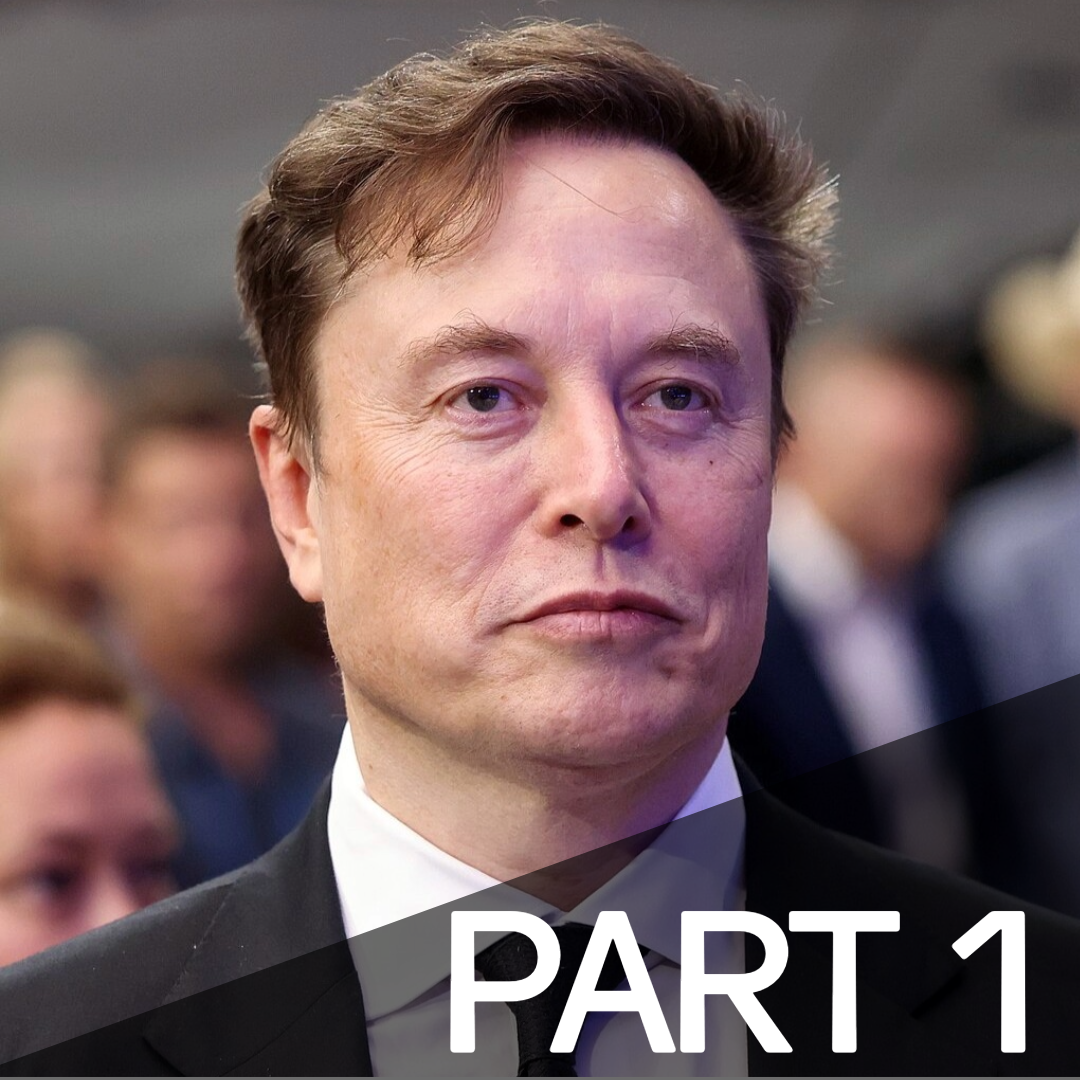#0038 - Lex Fridman and Joe Rogan
We break down Lex Fridman’s September 2020 interview with Joe Rogan.
Clips used under fair use from The Lex Fridaman Podcast #127.
Listen to our other shows:
-
Cecil - Cognitive Dissonance and Citation Needed
-
Marsh - Skeptics with a K and The Skeptic Podcast
Intro Credit - AlexGrohl:
https://www.patreon.com/alexgrohlmusic
Outro Credit - Soulful Jam Tracks: https://www.youtube.com/@soulfuljamtracks
Press play and read along
Transcript
Transcript is processing—check back soon.
The Know Rogan Experience — #0038 - Lex Fridman and Joe Rogan





